My favorite columnist in the world is Chris Erskine. He was a twice-a-week columnist in the LA Times for years. He wrote about being a dad, being a friend, being a husband married above his pay grade, and loving almost everything about his adopted home town of Los Angeles. He’s an everyman. A guy you […]
Year Read: 2019
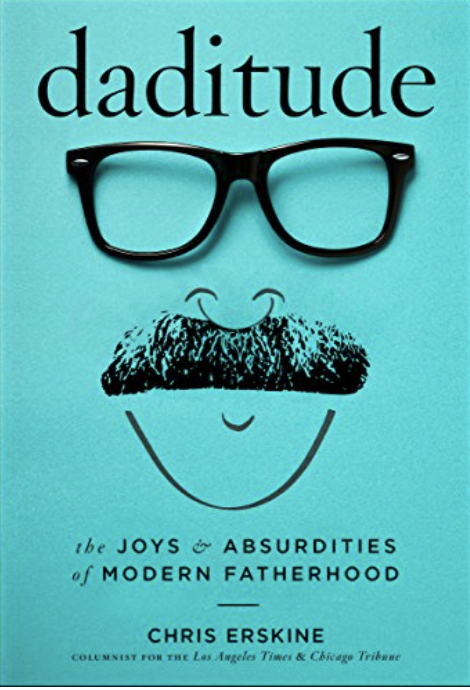
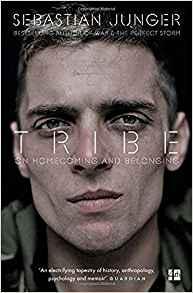
Tribe: On Homecoming and Belonging
Sebastian Junger
2014
Read: 2019
Education/Leadership, Non-Fiction
Tribe is a compelling book that speaks of the isolation and independence of humans in the modern world but particularly in the United States and the potentially harmful impact that that has on both individuals and society. The book opens with some historical accounts of Americans who were captured by Native American tribes and when […]
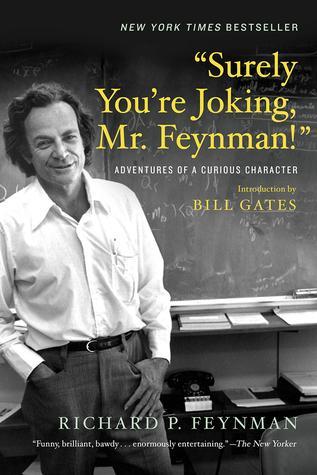
Surely You’re Joking Mr. Feynman! (Adventures of a Character)
Richard P. Feynman
1997
Read: 2019
Non-Fiction
Oh, and the reason I like his views as a teacher was that he believes that textbooks bring nothing additional to the classroom, and only a great teacher bringing a subject to life matters. Word.
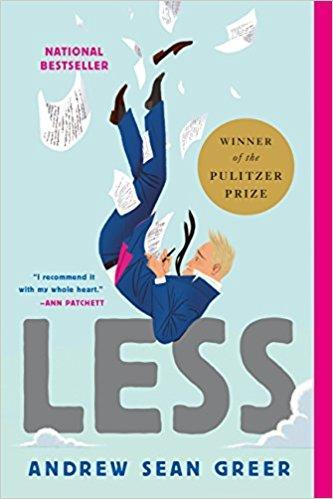
Less: A Novel
Andrew Sean Greer
2018
Read: 2019
Fiction
This is a book my wife read with her book club. It’s not my typical read. It’s a Pulitzer Prize winner which means it’s pretty “literature-y” for my tastes. I know, not a very good thing to say. In spite of all that, I loved it. It’s an insightful tale of a middle-aged man in […]
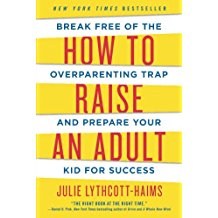
How to Raise an Adult
Julie Lythcott-Haims
2015
Read: 2019
Education/Leadership, Non-Fiction
How to Raise an Adult, by Julie Lythcott-Haims (2015) I had the chance to hear Julia L-H speak near Stanford University last year. She is a highly enthusiastic person who has seen first hand the impact of children who are raised with helicopter parents. This book is about trying to avoid that helicopter syndrome, and […]
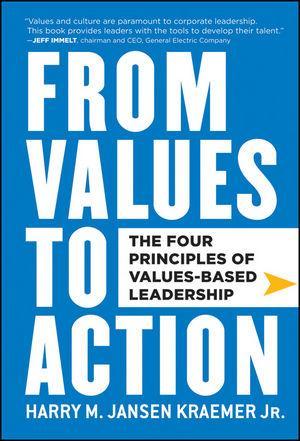
From Values to Action: The Four Principles of Values-Based Leadership
Harry M. Kraemer
2011
Read: 2019
Education/Leadership, Non-Fiction
I read this book in preparation for the fall 2019 meeting of Consortium 2032, our group of seven school districts who work together towards continuous improvement. Mr. Kraemer is a resident of New Trier, Chicago, which is where our Consortium was hosted and has spoken to the leaders of that school district many times. He […]
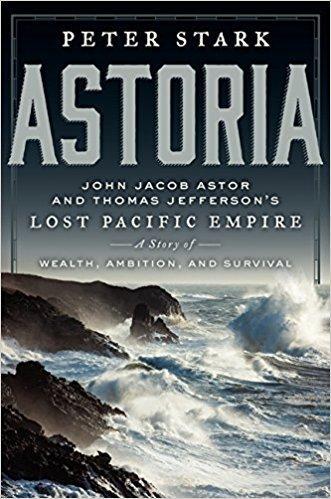
Astoria: John Jacob Astor and Thomas Jefferson’s Lost Pacific Empire: A Story of Wealth, Ambition, and Survival
Peter Stark
2014
Read: 2019
My brother Bill from Oregon recommended this book. It’s a great companion to Undaunted Courage which is one of my favorite books of all time. Though not as compelling or as historically rich as Undaunted Courage, this is a great story of 1812-era America and the foresight of John Jacob Astor as he tried to […]
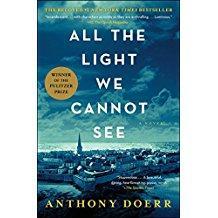
All the Light We Cannot See
Anthony Doerr
2014
Read: 2019
Here is my second Pulitzer Prize book to read this year. This one is so much more approachable for me, because it is a book of great literature disguised as a book about history. It juxtaposes two lives: a blind young woman from France and a young engineer from Germany during the rise and fall […]